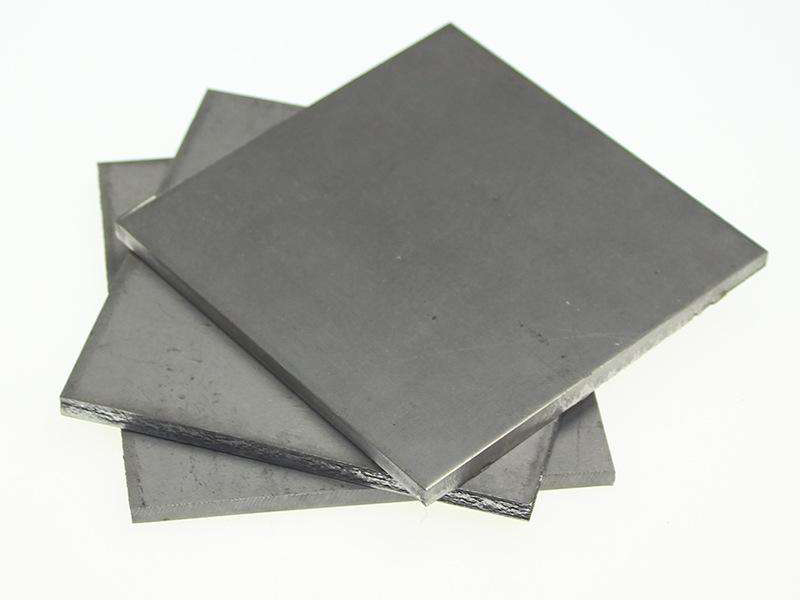
|
产品详情
当前位置:
首页>
产品详情
Ti-6Al-4V Titanium plate
Titanium Plate There are two implementation standards for titanium plates, the national standard is GB/T3621-2007, GB/T13810-2007, and the American standard is ASTM B265, ASTM F136, ASTM F67, AMS4928. Chinese name Titanium plate Foreign name titanium sheet Category Non-ferrous metals Yan color matte color Glossy metallic luster Transparency opaque Hardness between HB150-HB340 Proportion 4.51 Applications Aviation, chemical, petroleum, machinery, medical and other industries Grade American label number: GR1, GR2, GR3, GR5, GR7, GR12 Russian label number: BT1-00, BT1-0, BT1-2, etc. Domestic brands: TA0, TA2, TA3, TA5, TA6, TA7, TA9, TA10, TB2, TC1, TC2, TC3 A reference standard 1: GB 228 metal tensile test method 2: GB/T 3620.1 Titanium and titanium alloy grades and chemical composition 3: GB/T3620.2 titanium and titanium alloy processed products chemical composition and allowable deviation of composition 4: GB 4698 Sponge titanium, titanium and iron alloy chemical analysis method Titanium plate specifications
Hot processing state (R) Cold working state (Y) Annealing state (M) Titanium plate manufacturing process Hot forging is a forging process performed above the metal recrystallization temperature. Hot rolling is a rolling process performed at a temperature higher than the recrystallization temperature. Cold rolling is a rolling process in which the plastic deformation temperature is lower than the recovery temperature. Annealing: a metal heat treatment process that slowly heats the metal to a certain temperature, keeps it for a sufficient time, and then cools it at an appropriate speed (usually slow cooling, sometimes controlled cooling). Pickling: Immerse the parts in an aqueous solution such as sulfuric acid to remove oxides and other thin films on the metal surface. It is the pretreatment or intermediate treatment of electroplating, enamel, rolling and other processes.
Features of titanium plate 1. The oxide film on the surface of the titanium seed plate is equivalent to a good durable wear-resistant hair separating agent. The use of the titanium seed plate saves the separating agent, makes the electrode plate easy to peel, and eliminates the pre-treatment process of the seed plate. The board is half lighter than the copper seed board. 2. The service life of the titanium seed plate is more than 3 times that of the copper seed plate, and can reach 10 to 20 years depending on the operating conditions 3. The electrolytic copper produced from the titanium seed plate has a dense crystal structure, a smooth surface and high quality. 4. Since the titanium seed plate does not need to be coated with a separating agent, the pollution of the copper electrolyte can be avoided. 5. Increase the production capacity and reduce the production cost of electrolytic copper, thereby having better economic benefits. 下一页
|
|||||||||||||||||||||||||||||||||||||||




